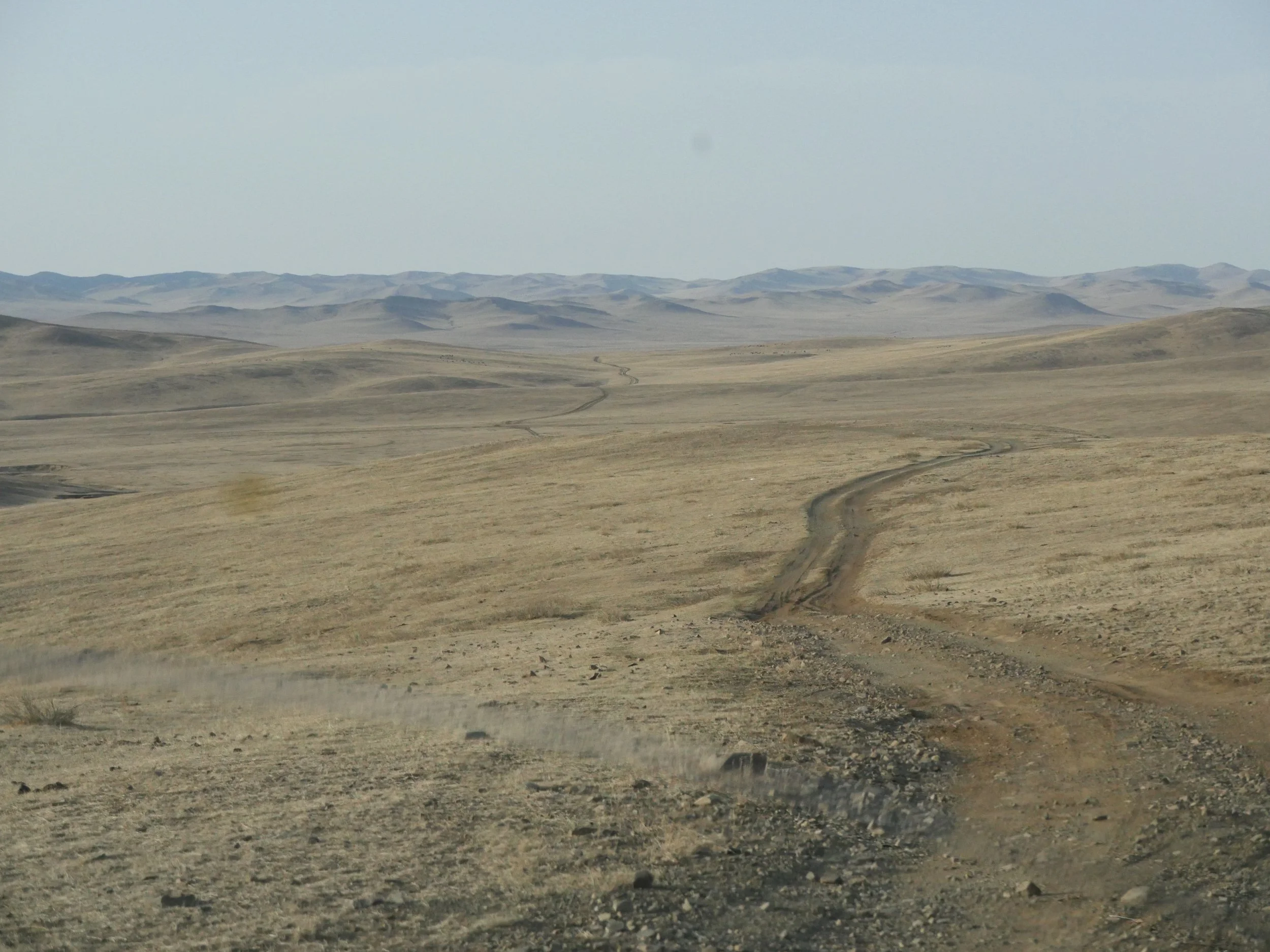Mike Morrow
About Mike
Mongolia, the last chapter
Mike Morrow is an 80-year-old Canadian-American who lives in Mongolia. He is the executive director of MACU (Mongolian Artisan Cheesemakers Union), For more than a decade Mike has been deeply involved with nomadic pastoral community development in remote regions, with the introduction of artisanal cheesemaking as the catalyst of hundred-year strategies for the conservation and restoration of the great Mongolia commons in consort with nomadic pastoral communities. More recently, he has lent MACU’s support to the development of national heritage corridors, the Tes River network of eight far northern Mongolian communities in particular.
Mike has long partnered with Tumurkhuyag Urtnasan, the doyen of Mongolia’s few artisan cheesemakers, from whom he learned the importance of providing summer milk income to mothers in need of money to send children to school in September. He leads teams to research, design and build small model cheese plants as well as other components of community “agrohubs.” He is a passionate believer in the future of Mongolian cheesemaking. With his wife, Yanzi, he has introduced more than 15 different artisanal cheeses to Mongolia and has started a small but highly celebrated restaurant in Ulaanbaatar, Fromagerie MACU. Despite his age, Mike puts in 14-hour days and plays a vital role in MACU activities. He is also a father, with his youngest child, a nine-year-old daughter, still at home and dependent on him.
A life lived in Asia
Mike Morrow was conceived in Prince Rupert, British Columbia, during the Aleutian campaign and born in Seattle, Washington, three weeks before the atom bomb was dropped on Hiroshima. He has spent most of his life in Asia. An exceptional student of International Relations at Dartmouth College, he became a freelance journalist at 22, covering the war in Vietnam from 1967 until he was expelled from Vietnam at the end of 1970,
Mike was drafted into the American military while working as the Saigon bureau chief of a news agency accredited to the American military. A secret indictment issued for his arrest could not be served because no extradition treaty existed between the US and Vietnam. Mike survived an ambush in the Mekong Delta that sank the patrol boat on which he was riding. He was with the last two American soldiers and the last Communist soldier killed in close combat in the Battle of Hue. He was unable to return to the US legally until Jimmy Carter’s amnesty for draft evaders in 1977.
While in Vietnam, Mike led Dispatch News Service International, the small news agency that broke the My Lai Massacre and other important stories of the war. He also covered the war in Cambodia and, after being expelled from Vietnam, the so-called “secret war” in Laos. He is one of only a few foreign journalists taken prisoner in Cambodia who survived captivity. After the war, he played a role in early efforts at reconciliation between the US and Vietnam, only to be arrested, held incommunicado for a month and expelled from Vietnam once again, this time by Communist authorities.
In 1976, under violent repressive conditions in northeastern Thailand, Mike collaborated with young Thai intellectuals to produce the highly praised anti-fascist Thai film Tongpan. Later, in July 1989, having established his own small publishing house in Hong Kong and gone to Beijing, Mike published Beijing Spring, the first book about Deng Xiaoping’s infamous June 4th repression of students at Tiananmen Square.
From 1990, for more than two decades, Mike helped pioneer digital publishing in Asia, especially early neuro linguistic educational solutions for Chinese students seeking to learn English. As the representative of DynEd International, Inc. a small Silicon Valley company, he and his Chinese colleagues, with thousands of Chinese teachers, made a significant contribution to Chinese education.
Mike left DynEd, and China, in 2012. Driven by a concern for conservation of the great commons of Mongolia and the nomadic pastoral communities integral to its ecosystems, he moved to Mongolia and began to invest in nomadic pastoral projects. After initial success, COVID wiped out his savings and left MACU all but bankrupt. Mike and his colleagues did not give up. This summer they will open their first new cheese plant since the pandemic. Morrow’s cancer, just diagnosed, comes at a particularly inopportune time. He is determined to defeat it and return to his work in Mongolia.



